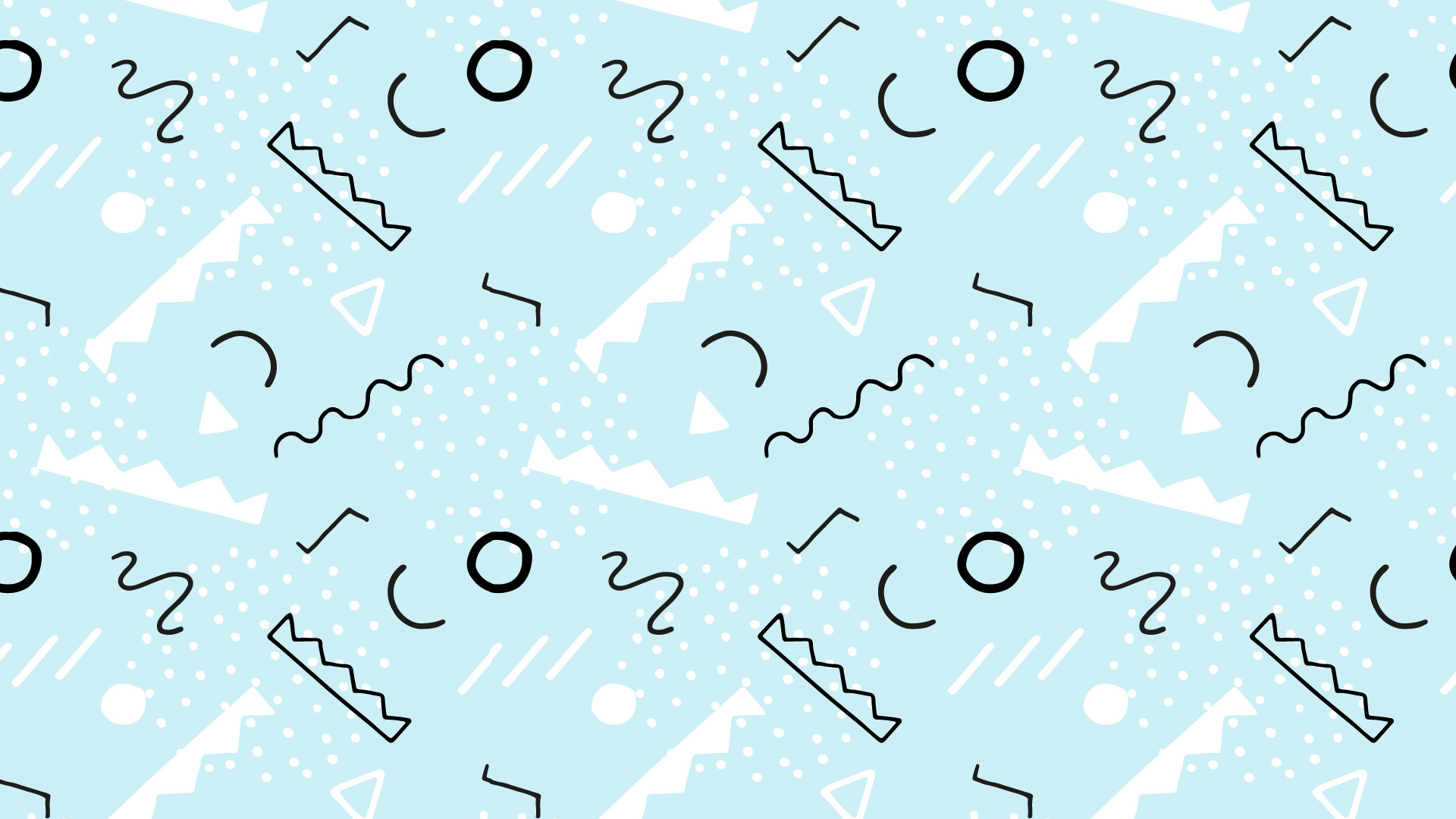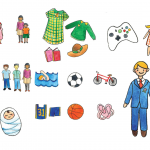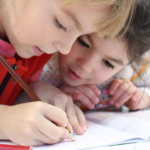
08 May Bikers Against Child Abuse
Despite their media image as lawless and scary, bikers are a surprising source of strength for children who have suffered sexual abuse.
Back in 2002, a bunch of us on a bikers’ forum got together and decided to start up BACA in Australia. It had already been around in the US for 10 years.
The kids who come to us tend to be desperate, and with their primary caregivers, they find us via our website or word-of-mouth. We’ve helped kids from the age of 14 months to 17 years.
On our first visit to an abused child, our whole chapter goes to the child’s home to welcome them into BACA. We give them a denim club vest with their own ‘road name’ and the BACA logo.
On the back are the words ‘BACA Empowered’, with a patch saying ‘I Will Not Live In Fear’.
We also bring along a BACA teddy bear in a bandana and a T-shirt. The bear is passed around so every member can give the teddy a hug and fill it with love. The child knows they can hug their bear and draw on that love any time.
Each child is given two primary contacts, who call other available members of the club to come around any time something goes wrong. If the child is ever anxious, they can say “bear needs a top-up” and members will come around and do just that. It’s a way for the child to ask for help without going into the nitty-gritty of their unhappy experience.
We use their road name for security, so we can talk about them without anyone knowing who it is. Most of our interventions are this type: Level 1. In our South Australian chapter in the past 12 months, we’ve had about 20 Level 1s.
If the child can’t sleep because of fear, which often happens before they testify in court, we camp in the front yard: this is Level 2. The child can look out their bedroom window and see us standing guard all through the night. We do that for as long as it takes.
In the past 10 years, our SA chapter has had three or four Level 2s. If the child wants us to, we escort their car to court on the bikes and walk them from the car park to the building.
We’re not there to be the child’s friend or mentor. We’re there to be a barrier to their fear.
We’re like a strand of barbed wire – barbed wire is inert, and causes nobody any grief unless they try to climb over it. We’re careful not to get the kids talking directly about their abuse to us. We’re not counsellors. We just talk about toys, school, and other normal things in life.
It’s funny how often the kids want the biggest, hairiest, ugliest guy in the room to sit down and play dolls.
Each case we take on goes through a pre-process. One of the questions we ask is, ‘Is the abuser still in the house?’ If they are, we can’t get involved because the abuser won’t welcome us in.
We also ask: is it a genuine case of abuse? Has it been reported to the police? Has the child had the opportunity for therapy? Will they benefit from BACA’s involvement? Not everybody wants 20 good-looking guys standing around to help.
We take each child’s case into account. One child we helped was scared of blonde women because that’s who the perpetrator had been, so we had three blonde women in our chapter who couldn’t attend that child.
Kids are drawn to bikers. They always turn around and wave at us from their car.
To them, we’re not adults and we’re not kids. The most horrific thing in their life was perpetrated by an adult they loved, cared about and trusted. Everyone thrown at them to fix it is also an adult – the police, judge, counsellor. We fill that hole in the middle.
A counsellor treating an eight-year-old girl rang me two weeks after the girl met BACA to say, “I don’t know what you did, but I can’t help her because she doesn’t need me anymore”. After we met one 10-year-old boy through BACA, his mother told me he said, “I’m so lucky, I’ve got friends now, Mum!”
Another mother said her eight-year-old daughter shouts, “I can hear my friends, I can hear my friends!” whenever a bike goes past their house. That girl had been wary of men, but within minutes of our members arriving at her house, she was chatting like they were her “new old friends”.
She told her mother BACA had made her more confident.
If a child feels secure, they realise they can stand on their own two feet. I have literally seen the moment when a child stops being afraid. If they won’t go to sleep, go to school or go out, they do after a visit from us, because they know they have someone in their corner.
Internationally in the past 10 years, BACA has handled about 8,500 cases. Membership to BACA requires background checks and a lengthy prior period of biker club membership.
BACA’s 11 chapters around Australia hold monthly public meetings. For details, including a helpline, visit BACA’s website.
Words by Krash




